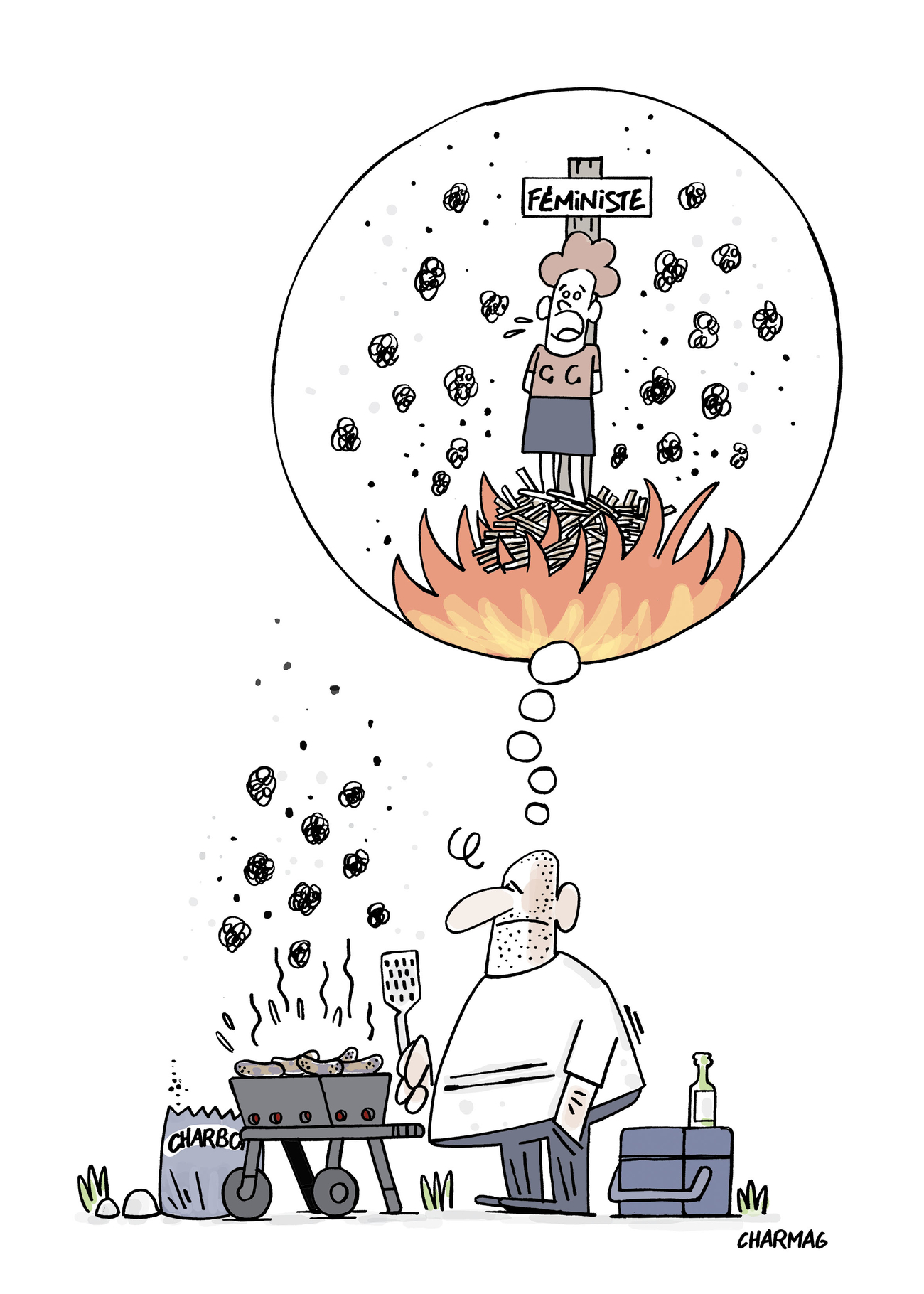“Today, at a meeting of the Council of Ministers, a protocol decision was adopted approving the concept of drawing up the draft Law on the State Budget for 2023… In this concept, the main decision that was made is that the draft law will will be developed with a deficit of 3% of the gross domestic product”, announced the acting finance minister at a briefing.
“On April 26, the draft budget is expected to be considered by the Council of Ministers and submitted to the National Assembly. Informal meetings have already been held with both unions and employers. In the package of tax laws and in the part of revenue measures, it is foreseen to introduce a one-time solidarity contribution for the second half of 2023, or the so-called excess profit tax, which will be developed for all legal entities – this is a one-time tax. The other provision is a 100% dividend from all public enterprises, after deduction of loss hours. An increase in toll fees is planned, which will be done by an act of the Council of Ministers. Reinstatement of some of the VAT – rates that were reduced, increase in excise duties on electronic cigarettes – these are the so-called vapes, not heated tobacco. Fiscal control is being strengthened and a preliminary obligation to declare VAT for selected risky goods is being strengthened”, explained Velkova.
Velkova: This is the new date for entering the Eurozone
“>Velkova: This is the new date for entering the Eurozone
She pointed out that the purpose of the measures is to guarantee the lifting of pensions according to the Swiss rule and other budget expenses. In addition, a 10% salary increase in the budget sector is foreseen, but only for those who did not receive any increase in 2022.
Business trips and subsistence expenses will also be reduced. In addition, the introduction of buffers in the 2023 Budget will be proposed to the National Assembly – one will be a ban on capital expenditures being redirected, and the other is the rule for 90% implementation of expenditures by the fourth quarter. The goal is to maintain a budget balance of 3%.
The Bulgarian economy has advanced significantly in its preparations for the introduction of the euro and for its future successful functioning in the eurozone.
This was said earlier today by the Acting Minister of Finance, Rositsa Velkova-Zheleva, during the opening of the “Bulgaria on the Road to the Euro” conference, which is being held at the National Palace of Culture in Sofia. According to her, the process of nominal and real convergence is ongoing.
The inflation process in Bulgaria largely depends on the prices of raw materials and the real process of convergence. Achieving the criterion of price stability is a challenge for our country due to relatively low prices compared to the EU countries as a whole and those of the Eurozone. Minister Velkova noted that Bulgaria’s economy is more than three times more energy intensive compared to other EU countries.
How much will the elections on April 2 cost
“>How much will the elections on April 2 cost
The high energy intensity of the Bulgarian economy means greater secondary effects on production and consumer prices in the country, which makes it difficult to achieve the price stability criterion, Minister Velkova reported.
Regarding the long-term interest rate criterion, it can be said that, historically, the fulfillment of this convergence criterion has not been a problem for Bulgaria, the Acting Finance Minister recalled. Bulgaria is expected to continue fulfilling this criterion in the medium term.
Over the past 25 years, Bulgaria has demonstrated a stable budgetary position of the public administration sector and has traditionally held good positions in terms of the criterion for stable public finances. She recalled that the budget balance in 2022 is negative with 2.9 percent of GDP on an accrual basis. Also, the debt of the general government sector is significantly below the criterion of 60 percent of GDP and amounts to 23.1 percent of gross domestic product at the end of September 2022, according to Eurostat data.
“Both criteria – the government deficit and the debt fully meet the requirements for membership in the Eurozone,” Velkova pointed out.
Regarding the other criterion – for exchange rate stability – in July 2020, the Bulgarian lev joined the ERM II currency mechanism with the existing fixed exchange rate to the euro, with which Bulgaria also fulfills this criterion. Our country is also making efforts to achieve legal convergence, working to overcome the legal inconsistencies identified in the convergence reports of the EC and the European Central Bank in 2022.
In order to successfully join the Eurozone, in addition to meeting the nominal criteria and increasing real convergence, effective practical preparation of the economy, administration, and citizens for the replacement of the leva with the euro should be carried out, as well as public awareness should be raised regarding the introduction of the euro.
Definitive: From next year, the unemployment benefit will be 50% of the average gross salary
All actions to prepare information systems, institutions, municipalities and companies will continue. The draft Law on the introduction of the euro will be finalized, as well as the remaining necessary changes to the BNB Law in connection with the functioning of our central bank in a monetary union. With the constitution of the National Assembly, the caretaker government will re-introduce the bills related to the implementation of the commitments.
Bulgaria will submit a request for the preparation of the convergent reports reports from the EC, the ECB in fulfillment of our remaining legislative commitments, as well as in the case of a sustainable trend of decreasing inflation, concluded the Acting Minister of Finance Rositsa Velkova.

